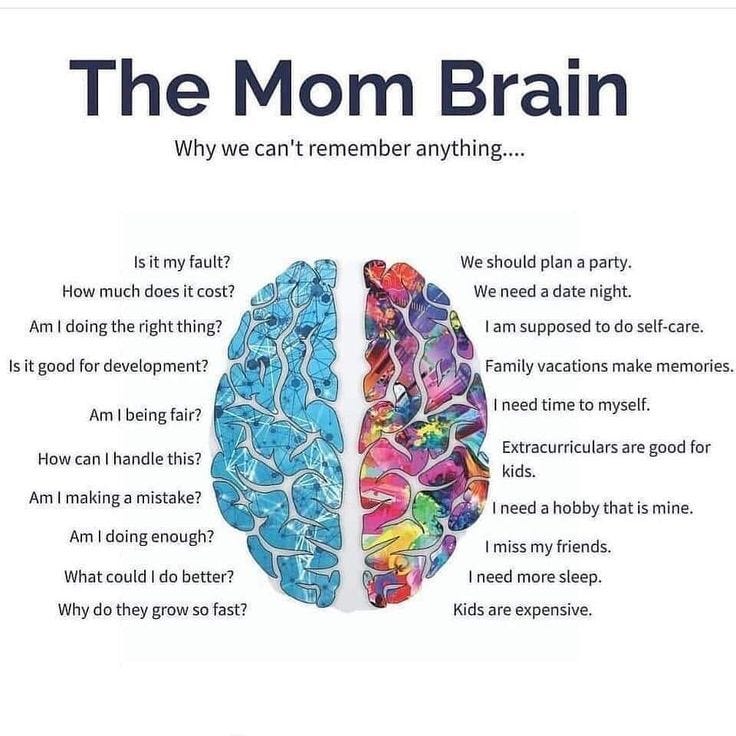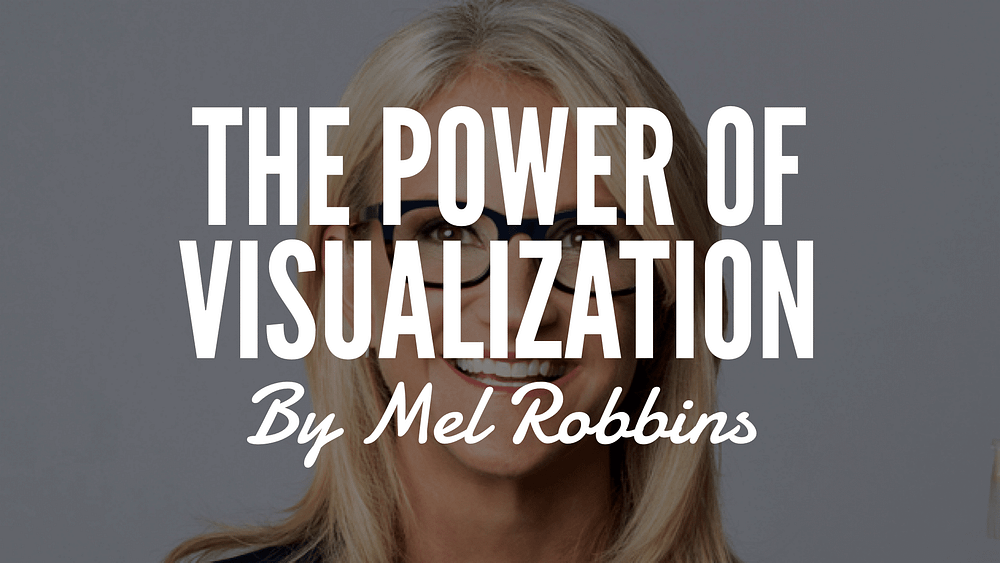"Unlocking Your Brain's Potential: 8 Proven Tips to Boost Productivity"
Understanding brain science to overcome procrastination and boost productivity. Addressing fight-or-flight response and 'mommy brain. Eight powerful tips to take control and achieve your goals.

Have you ever wondered why, despite your best efforts, procrastination still seems to get the better of you? Our brains are unique and designed to keep us safe and sound. But sometimes, this built-in safety feature can slow us down. The trick is understanding how our brain works and learning to outsmart these mental roadblocks. Doing this allows us to take control and boost our productivity.
Understanding the Brain’s Safety Mechanism
The human brain’s primary function is to ensure our safety, and it has evolved over thousands of years to respond to potential threats and guarantee our survival.
According to neuroscientific research by Joseph LeDoux, the amygdala, an essential component of the brain responsible for emotional processing, plays a critical role in detecting danger and initiating the body’s fight-or-flight response. This response mechanism has been highly influential in avoiding physical threats throughout human history.
However, it may present significant challenges when dealing with modern-day stressors such as career advancement or personal development, a struggle many of us can relate to.
Research by renowned neuroscientists Joseph LeDoux and Elizabeth Phelps reveals that the amygdala’s response to perceived threats can impede our ability to take risks and step out of our comfort zones. This insight provides essential details about how our brain’s evolutionary mechanisms for ensuring survival may only sometimes help us deal with today’s society.

The Science Behind Procrastination
Many of us can relate to the experience of procrastination, often without fully understanding why. This tendency can be attributed to the brain’s natural inclination to avoid discomfort associated with new or complex tasks. When confronted with a challenging project, the brain may prioritize easier, less critical tasks to minimize initial discomfort. A study by Dr. Piers Steel, a leading researcher on the science of motivation, suggests that procrastination is rooted in the brain’s desire to avoid negative emotions, such as fear of failure or anxiety about an unknown outcome.
As a mother juggling family responsibilities and a professional career, I’ve experienced firsthand how the brain’s preference for immediate rewards can hinder long-term achievements. The constant pull towards the comfort of completing smaller tasks or spending time with family can often overshadow the importance of professional goals. And let’s be honest, who has yet to find themselves deep-cleaning the fridge when a deadline looms suddenly? My brain thinks, “Hey, organizing these leftovers is way more urgent than that project!”

Our brain’s prefrontal cortex, responsible for decision-making and complex thought processes, often works with the amygdala to steer us away from situations that might cause stress or discomfort. While this collaboration can make us feel safe in our comfort zones, it’s important to remember that we have the power to push past these barriers and reach our full potential.
“Pregnancy and motherhood do more than just change the body; they profoundly alter the brain, enhancing emotional intelligence, empathy, and the ability to handle stress.”Mona Lisa Schulz
The Unique Brain of a Mother
Pregnancy and motherhood do more than change the body; they profoundly alter the brain, enhancing emotional intelligence, empathy, and the ability to handle stress. Research shows that the brain undergoes significant structural changes during pregnancy and postpartum. A study by Elseline Hoekzema and her colleagues at Leiden University in the Netherlands revealed that these changes include a reduction in the volume of gray matter in specific brain regions associated with social cognition and theory of mind.

These changes, while significant, are believed to make the brain more specialized and efficient in empathy, anxiety, and social interaction functions. Moreover, the structural changes in the brain can also lead to increased anxiety and emotional sensitivity, helping mothers become more attuned to potential threats and better protect their offspring. These changes are designed to protect and nurture the child but can sometimes amplify self-doubt and fear of failure in other areas of life.
“You go through big changes with childbirth, with becoming a new mother. Your brain is actually remapping itself, recognizing that your priority is now to protect and nurture your baby.” Jodi Picoult
Another challenge many mothers face is “brain fog.” This phenomenon, often described as a feeling of mental cloudiness or confusion, is characterized by forgetfulness, lack of concentration, and mental fatigue. Brain fog can be attributed to hormonal changes, sleep deprivation, and the constant multitasking that comes with motherhood. Research has shown that mothers managing childcare, household responsibilities, and work experience an increased cognitive load, often called “mommy brain” or “mom’s brain.”

Dr. Samantha Boardman’s studies emphasize the cognitive strain of multitasking, while Dr. Petra Verhoef’s research demonstrates that balancing childcare and work escalates mental workload. Additionally, Dr. Elseline Hoekzema’s research explores the hormonal changes during pregnancy and postpartum that contribute to temporary cognitive impairments. Sleep deprivation, common among new mothers, worsens cognitive load, affecting memory, attention, and decision-making, as revealed by studies conducted by Dr. Sara Mednick.
“The female brain is so amazing. It is so capable of multitasking, so creative, so capable of expressing empathy, emotion, and deep connection. During pregnancy, it becomes even more powerful, preparing for the intense demands of motherhood.” Louann Brizendine
Together, these factors significantly heighten mothers’ cognitive load, impacting their mental functions and giving rise to the phenomenon of ‘mommy brain.’ This underscores the urgent and pressing need for solid support systems and effective self-care strategies to help mothers manage their cognitive load. Recognizing ‘brain fog’ as a natural part of this experience is crucial. Prioritizing tasks, seeking support, and ensuring sufficient rest are not just essential but also a sign of strength and self-care. It’s important to remember that taking care of yourself is not a luxury but a necessity.
Hacking Your Brain for Productivity
From my experience, hacking my brain for productivity has been a journey of trial and error and learning from others. I didn’t invent these strategies; I’ve gathered them from listening to countless podcasts, reading, and absorbing expert wisdom. Here’s what works for me:
“The only thing we have to fear is fear itself.” — Franklin D. Roosevelt
- Acknowledge Fear and Resistance: One of the most liberating realizations I’ve had is that fear and resistance are natural responses from my brain trying to protect me. Acknowledging these feelings without letting them control my actions has been a game-changer.
“You can choose courage, or you can choose comfort, but you cannot choose both.” — Brene Brown
2. Break Down Tasks: Another practical tip I’ve embraced involves breaking down larger tasks into smaller, more manageable steps. Each small achievement creates momentum and reduces anxiety, making even the most intimidating projects seem feasible. It’s like tricking a toddler into eating vegetables: “Just one bite at a time.”
3. Set Clear Goals and Deadlines: I set clear goals and deadlines and always have a project to focus on. Creating specific goals and deadlines helps me focus my mind and reduce my tendency to procrastinate.

4. Visualize the Result: I’ve embraced a powerful mental technique called “visualizing the result.” This approach involves fully immersing myself in the emotions and sensations of accomplishing my goals. The 5-Second Rule, which encourages taking immediate action within five seconds of having an idea, has also proven effective in combating procrastination.
5. Practice Mindfulness and Stress Reduction: Techniques such as mindfulness, meditation, and deep breathing have been instrumental in calming my amygdala and reducing the brain’s fight-or-flight response.
6. Show Up and Let It Go: Showing and letting go is one of my most valuable lessons. It means fully engaging in the present moment, acknowledging my feelings and thoughts, and releasing them. When my toddler decides the living room floor is his canvas, I take a deep breath and remind myself, ‘This too shall pass. Or at least it can be scrubbed.’
7. Seek Support and Accountability: Having a support system or an accountability partner has encouraged me to keep on track. Sharing my goals and progress with others reduces feelings of isolation and self-doubt. It’s incredible how much difference it makes to know someone is cheering you on and holding you accountable. It’s like having your cheerleading squad, minus the pom-poms and high kicks.
8. Reward Yourself: Positive reinforcement is a powerful motivator. Rewarding myself for completing tasks, no matter how small, reinforces productive behavior and makes challenging tasks more enjoyable. Celebrating small wins keeps me motivated and moving forward. Sometimes, the reward is as simple as a quiet cup of coffee. Other times, it’s a triumphant victory dance in the kitchen.
These strategies, inspired by the insights of experts and my own experiences, have helped me balance the demands of motherhood and a professional career. By pushing past procrastination and staying productive, I’ve learned that the key to success is simply showing up and letting go of perfection. If I can do it, so can you!
Conclusion
Our brains are wired to protect us, but this protective mechanism can sometimes hold us back. By understanding how the brain works and implementing strategies to overcome these mental barriers, we can conquer procrastination, step out of our comfort zones, and achieve our goals.
Small steps and actions may seem insignificant and easy to underestimate, but they have significant power over our brains. Remember to consider their impact. Small steps are more accessible for the brain to process and execute than big ones, making them a more effective way to drive lasting change.
As a mother and professional, I’ve learned that the daily battle to overcome mental barriers is essential and empowering for personal and professional growth. Embrace the challenge, push through the resistance, and unlock your full potential. And remember, if all else fails, there’s always coffee and chocolate.
References
LeDoux, J. E. (2000). Emotional Circuits in the Brain. Annual Review of Neuroscience, 23(1), 155–184.
Steel, P. (2007). The Nature of Procrastination: A Meta-Analytic and Theoretical Review of Quintessential Self-Regulatory Failure. Psychological Bulletin, 133(1), 65–94.
Arnsten, A. F. T. (2009). Stress Signalling Pathways that Impair Prefrontal Cortex Structure and Function. Nature Reviews Neuroscience, 10(6), 410–422.
Kim, P., Leckman, J. F., Mayes, L. C., Newman, M. A., Feldman, R., Swain, J. E. (2010). Perceived Quality of Maternal Care in Childhood and Structure and Function of Mothers’ Brain. Developmental Science, 13(4), 596–611.




